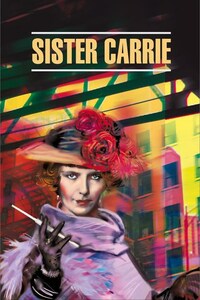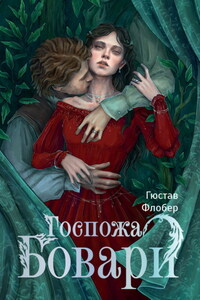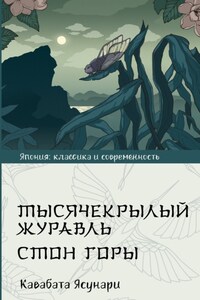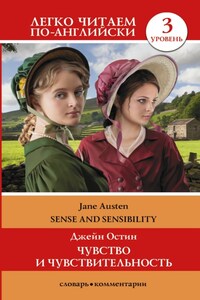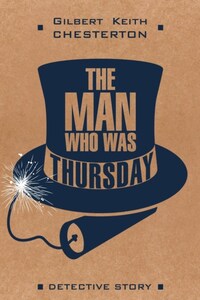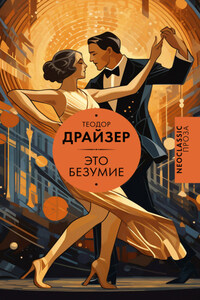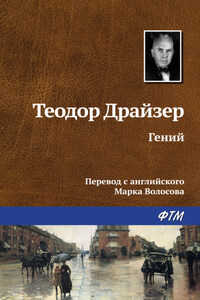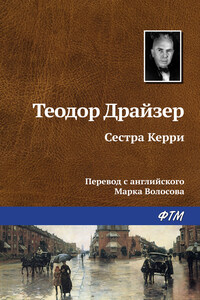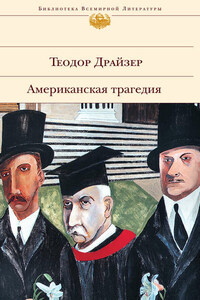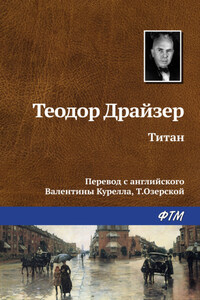Chapter I
The Magnet Attracting: A Wife amid Forces
When Caroline Meeber boarded the afternoon train for Chicago, her total outfit consisted of a small trunk, a cheap imitation alligator-skin satchel[1], a small lunch in a paper box, and a yellow leather snap purse, containing her ticket, a scrap of paper with her sister’s address in Van Buren Street, and four dollar in money. It was in August, 1889. She was eighteen years or age, bright, timid, and full of the illusions of ignorance and youth. Whatever touch of regret at parting characterized her given up.[2] A gush of tears at her mother’s farewell kiss, mill where her father worked by the day, a pathetic sigh as the familiar green environs of the village passed in review and the threads which bound her so lightly to girlhood and home were irretrievably broken.
To be sure there was always the next station, where one might descend and return. There was the great city, bound more closely by these very trains which came up daily. Columbia City was not so very far away, even once she was in Chicago. What pray, is a few hours a few hundred miles? She looked at the little slip bearing her sister’s address and wondered. She gazed at the green landscape, now passing in swift review until her swifter thoughts replaced its impression with vague conjectures of what Chicago might be.
When a girls leaves her home at eighteen, she does one of two things. Either she falls into saving hands and becomes better, or she rapidly assumes the cosmopolitan standard of virtue and becomes worse. Of an intermediate balance, under the circumstances, there is no possibility.
Caroline, or Sister Carrie, as she had been half affectionately termed by the family, was possessed of a mind rudimentary in its power of observation and analysis. Self-interest with her was high, but not strong. It was nevertheless, her guiding characteristic. Warm with the fancies of youth, pretty with the insipid prettiness of the formative period, possessed of a figure promising eventual shapeliness and an eye alight with certain native intelligence she was a fair example of the middle American class two generations removed from the emigrant. Books were beyond her interest knowledge a sealed book. In the intuitive graces she was still crude. She could scarcely toss her head gracefully. Her hands were almost ineffectual. The feet, though small were set flatly. And yet she was interested in her charms, quick to understand the keener pleasures of life, ambitious to gain in material things.
“That,” said a voice in her ear,” is one of the prettiest little resorts in Wisconsin.”
“Is it?” she answered nervously. The train was just pulling out of Waukesha. For some time she had been conscious of a man behind. She felt him observing her mass of hair. He had been fidgeting, and with natural intuition she felt a certain interest growing in that quarter. Her maidenly reserve, and a certain sense of what was conventional under the circumstances, called her to forestall and deny this familiarity, but the daring and magnetism of the individual, born of past experience and triumphs, prevailed. She answered. He leaned forward to put his elbows upon the back of her seat and proceeded to make himself volubly agreeable.
“Yes, that is a great resort for Chicago people. The hotels are swell. You are not familiar with this part of the country, are you?”
“Oh, yes I am,” answered Carrie. “That is, I live at Columbia City. I have never been through here, though.”
“And so this is your first visit to Chicago,” he observed. All the time she was conscious of certain features out of the side of her eye. Flush, colorful cheeks, a light moustache, a gray fedora hat[3]. She now turned and looked upon him in full, the instincts of self-protection and coquetry mingling confusedly in her brain.
“I didn’t say that” she said.
“Oh,” he answered, in a very pleasing way and with an assumed air of mistake, “I thought you did.”
Here was a type of the traveling canvasser[4] for a manufacturing house a class which at that time was first being dubbed by the slang of the day “drummers”[5]. He came within the meaning of a still newer term, which had sprung into general use among Americans in 1880, and which concisely expressed the thought of one whose dress or manners are calculated to elicit the admiration of susceptible young women – a “masher”[6]. His suit was of a striped and crossed pattern of brown wool, new at that time, but since become familiar as a business suit. The low crotch of the vest revealed a stiff bosom of white and pink stripes. From his coat sleeves protruded a pair of linen cuffs of the same pattern, fastened with large, gold plate buttons, set with the common yellow agates known as “cat’s-eyes.” His finger bore several rings – one, the ever-ending heavy seal – and from his vest dangled a neat gold watch chain, from which was suspended the secret insignia of the Order of Elks[7]. The whole suit was rather tight-fitting, and was finished off with heavy-soled tan shoes, highly polished, and the gray fedora hat.
